Plural, Barcelona’s new centre for masculinities
The Plural Masculinities Centre is a new municipal facility which is opening to foster a diverse, positive and plural perspective of masculinity, helping to generate different collective perceptions from the strictest and outdated meaning of “being a man” or “behaving like a man”. Greater flexibility in the perception of masculinity paves the way for promoting healthier and more equal relationships and doing away with binary-based stereotypes.Masculinities as a focus for collective debate
Our society sets out the way that boys and girls learn what they should be like and how they should behave, often attributing them strongly defined binary roles which contribute to a difference in their way of socialising. This difference means that gender inequalities persist in many spheres, particularly when it comes to recognising and valuing masculinity above femininity. The pressure to follow these roles has negative consequences for children, young people and men, leading to situations such as failure at school, bullying, male violence, accidents at work or the consumption of toxic substances.
Not all men follow the same pattern, but there is an accentuated focus of a male stereotype which overshadows all other masculinities. Given the situation, it is important to rethink the concept of masculinity, appeal to the city’s male population as a whole and offer boys and young men more flexible models of masculinity which are healthier and more respectful.
Plural Masculinities Centre
The idea behind the opening of the Plural Masculinities Centre is to develop public policies on gender which include men and offer reflection from the perspective of masculinities in two ways: firstly, to highlight the benefits for men in the construction of positive and respectful masculinities, and secondly to get men to commit men to the change towards equal gender relationships.
The new centre is an open space for citizens and will carry out its projects in conjunction with organisations linked to masculinities, through three areas of action:
- Education: boost awareness among young people through work with the education community, taking into account formal and non-formal education alike. This action must allow for work on different models of masculinity with children and teenagers, and also to address parent models and ways of exercising masculinity with parents and adults.
- Culture: foster the creation of pieces and spaces at cultural facilities in the city which address this area, with projects which allow them to reach the general public and open up the debate on the problems of hegemonic masculinity.
- Sport: this is a social sector where the stereotypical role of masculinity has a strong presence, meaning work will be geared towards collaboration with sports organisations to conduct training and awareness campaigns.
The centre is located at Av. Marquès de l’Argentera, 22, and has a team of ten specialists. The premises include a large multi-purpose room and shared facilities with the Men’s Support Service for the Promotion of Non-Violent Relations (SAH).The annual budget for the new centre is 1.3 million euros.
Debate on masculinities with the Decidim platform
In a move to facilitate open debate with the general public, a specific section has been created on the municipal participation website Decidim Barcelona, to work on masculinities jointly and connect local people with experts and organisations in this area. Initially, the project has three different spaces: introduction and perspective, open debates, and city agenda and resources on masculinities. Campaigns and communication initiatives will also be designed to reach out to young people via social media.
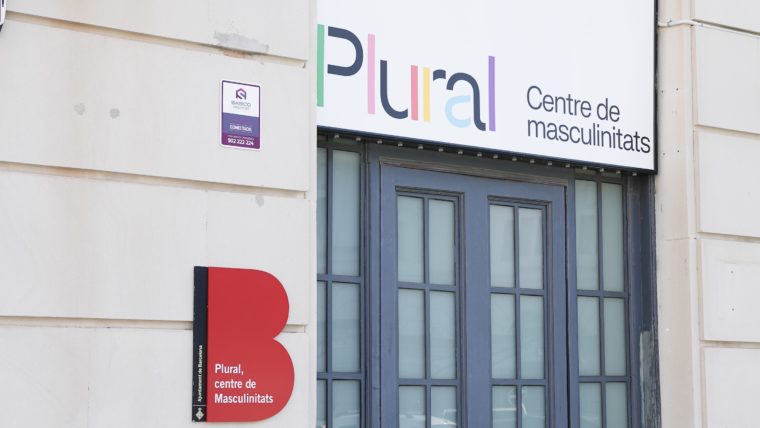
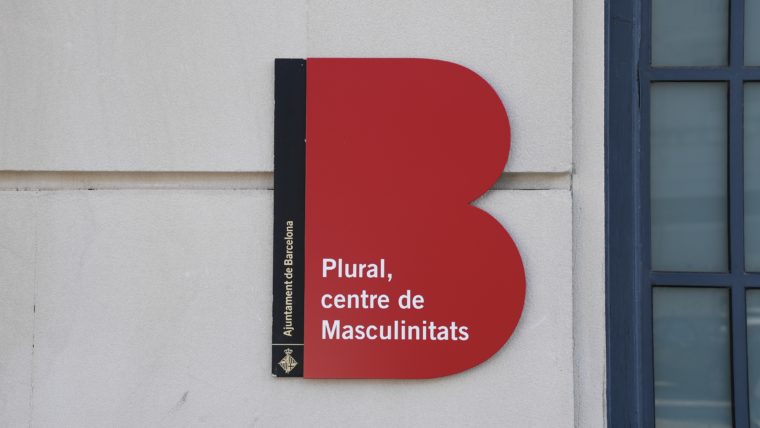
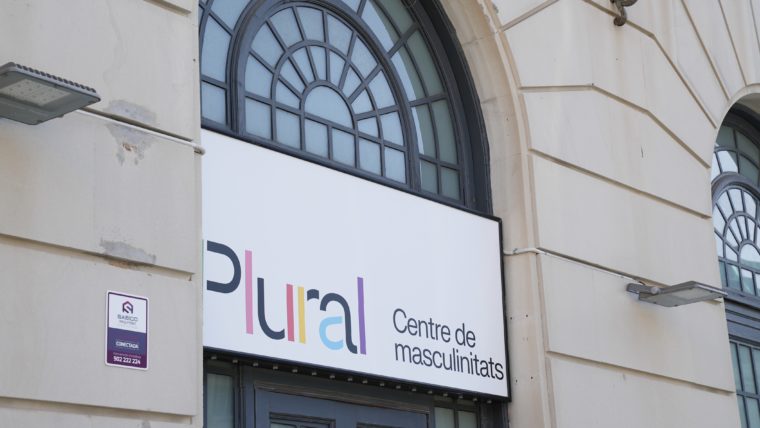
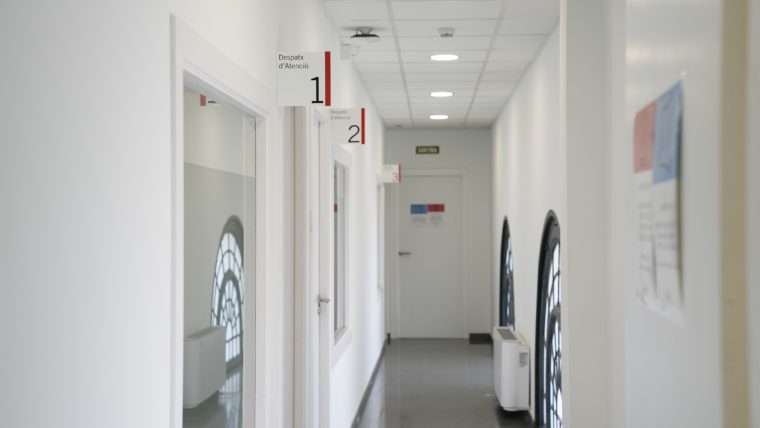
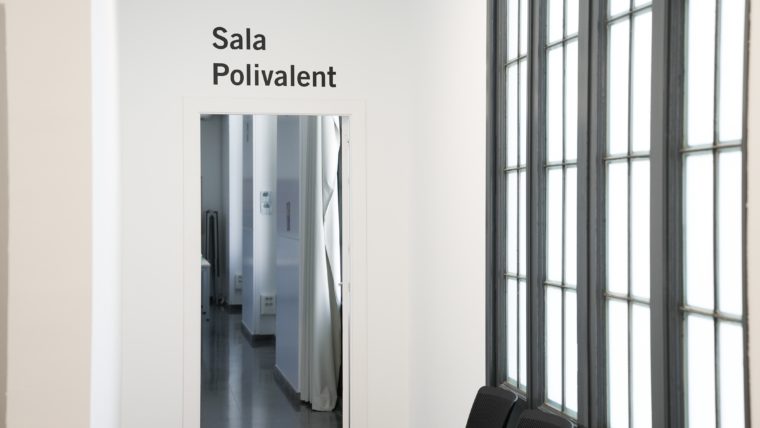
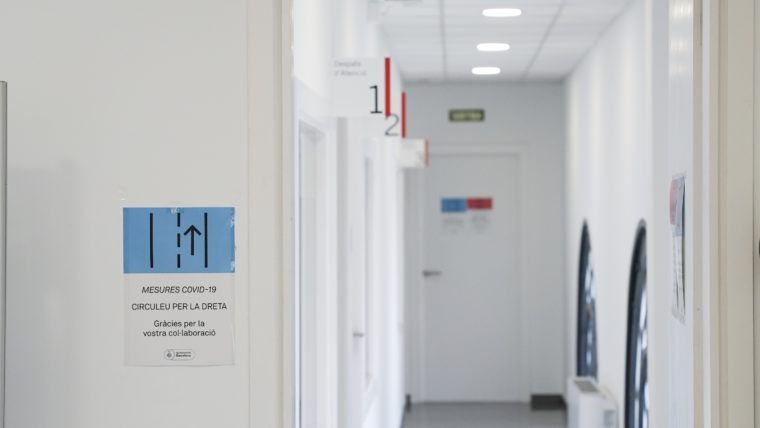
Tags associated with the news item
Related news
-
 Feminism-women
Feminism-women
Feminism-women
Feminism-womenGender Justice Plan 2021-2025: combatting inequality through proximity and diversity
20/09/2021 16:50 h
-
 Feminism-women
Feminism-women
Feminism-women
Feminism-womenThe first group of women on the BCN Fem Tech programme successfully complete digital training
01/10/2021 14:29 h
-
 LGBTI
LGBTI
-
 Feminism-women
Feminism-women













